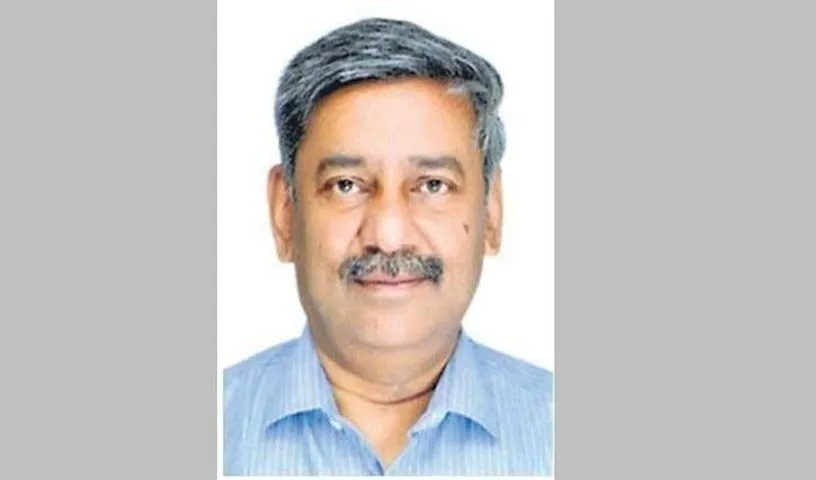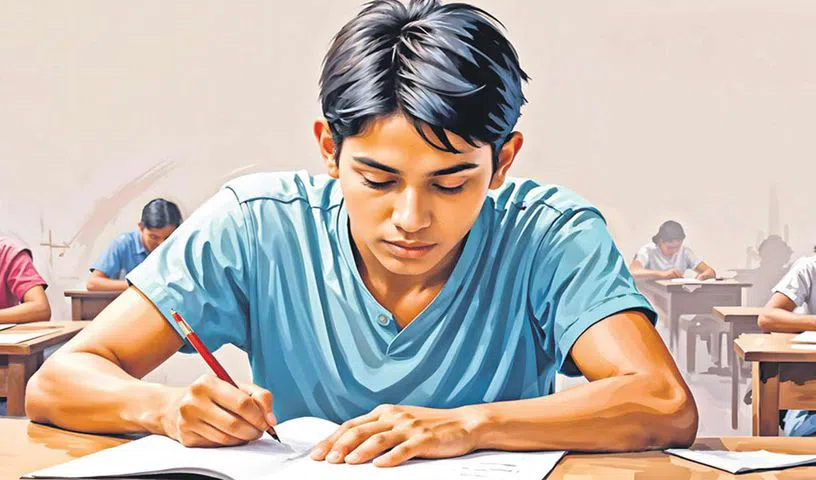Of late, there has been a lot of criticism about how the Modi government is managing the second Covid wave. Arundhati Roy wrote a powerful piece asking him to step aside, stating India needed a Government. A telling comment on her piece reflected many moderate Indian views. It said:
“Despite being an ardent Modi supporter, I hold him and his team responsible for completely ignoring the humongous calamity of the second wave of Covid-19 and being driven by the hunger for power and diverting full focus on elections. However, we cannot ignore the amount of valuable legislation and reforms by him in the last seven years. Arundhati Roy and the international media are trying to tarnish Modi’s and India’s image”
Let’s accept a few facts:
• Modi is the most decisive PM in recent times
• By articulating his views publicly, he won a decisive majority
• His reforms in many areas were long overdue – GST, faceless assessments, labour code, tax code. There is also talk of total revamp of Criminal and Civil code along with revamp of judiciary and bureaucracy
• He talks to many people before deciding; has no personal and family agenda
• He drives his ministers and people to work hard like him
Big Decisions
The biggest criticism of the PM is that he has centralised-decision making in the PMO and most of his Ministers, except the Home Minister and a few others, look up to the PMO for the decisions. The three big decisions he made — demonetisation, GST and now Covid management — have largely failed while many others like Jan Dhan accounts and direct cash transfer were effective. We know the saying “throwing the baby with the bathwater”. The problem is not the PM but the way he makes the big non-routine decisions.
Little published material exists on how decisions are made at the national level. Some of these decisions are routine – like allocation of a budget for a department or appointments to key positions. Some are non-routine but smaller like building a dam which will dislocate hundreds of people. Many BJP supporters believe, and I think the PM himself believes that making big decisions is his forte. How does the PM make these big non-routine decisions? What can we learn from these decisions?
Characteristics of Big Decisions
Here, I would like to quote Barack Obama: “One of the first things I discovered as President of the United States was that no decision that landed on my desk had an easy, tidy answer. The black-and-white questions never made it to me — somebody else on my staff would have already answered them”. Hence, decisions at the PM-level are often difficult and have many sides to it. Some characteristics of big decisions are:
• Long-term consequences
• Dependency: Many things must fall in place for the outcome
• Complexity: There are many pros and cons
• Irreversibility: Very expensive or impossible to reverse
• Can go out of control during execution
• Scale is huge. Often has international consequences like on Covid
Non-routine decisions occur rarely. The past experience of the team in “other” decisions cannot be extrapolated here and this is the moot point here. Big non-routine decisions have to be recognised and made differently.
Better Big Decision-Making
• Beware of Blind spots: “But like every leader, I had my blind spots” says Obama. And adds “Our choices reflect and determine who we are”. This is the hardest part. The leader must recognise that his past determines his decision-making. This is the blind spot. For Modi, his education, past experiences as the CM of Gujarat, his past with RSS may colour his decision-making.
• Look for a sound decision-making process based on the best information available at that time: Obama explains, “in just a few short weeks on the job, I had already realised that because every tough decision came down to a probability, then certainty was an impossibility — which could leave me encumbered by the sense that I could never get it quite right. So rather than let myself get paralysed in the quest for a perfect solution or succumb to the temptation to just go with my gut every time, I created a sound decision-making process — one where I really listened to the experts, followed the facts, considered my goals and weighed all of that against my principles. Then, no matter how things turned out, I would at least know I had done my level best with the information in front of me”.
• Fallacy of past successful decisions: Even expert doctors are conditioned by the profile of the patients they see often and their decision-making can fall into a pattern and miss out exceptions. Most of the big decisions are like exception cases
• Really Listen: Obama says, “listen to others. For me, that meant asking everybody in a meeting what they thought about the problem at hand”.
• Listen to experts: The problem is that experts rarely agree in the first instance and may not be aware of ground realities. But this cannot be an excuse for relying on bureaucrats and even on self. The answer is in pushing a team of scientists and experts, including those who can speak for the victims of the decisions, to come to a consensus based on probabilities and working with the bureaucracy to implement it.
• Expect things to go wrong: Recognise that in big decisions, things can go out of control. What can go wrong must be listed and Plan B and even plan C must be developed. The same expert team must be tasked to develop and implement them.
• Track outcomes in transparent manner: Creating metrics in advance to track in real-time, looking for contra data seriously, creating failure scenarios, early warning systems for failure, designing data collection process and report systems in advance and how the expert teams must review the reports frequently to identify course corrections are essential. This must be done in a transparent manner and this is where our PMO has failed.
• Plan and accept reversal of the decision: All big non-routine decisions are based on probability and hence failure can occur. Be prepared for a reversal of decisions when contra data is revealed and do not allow ego, vested interests to conceal the contra data
• Change decision makers: Never allow the same team that makes small decisions to make big decisions because of extrapolation and patterning risks. We need scientific and expert decision making and trust their assessment and due diligence
Our current failures are due to decision-making by the kitchen cabinet of the PM and the PMO’s excessive reliance on bureaucrats. Now is the time to change. Scientists and experts must be tasked with non-routine and big decisions. And they must behave like true experts and not toe the official line.

